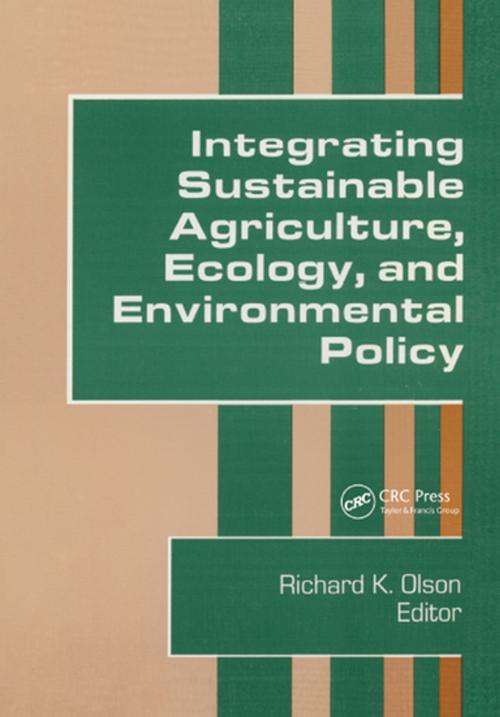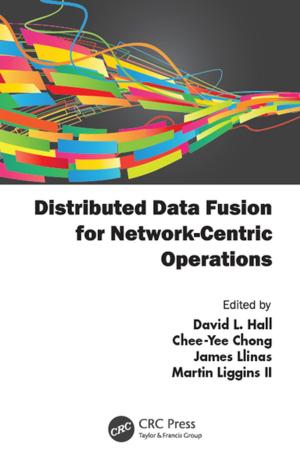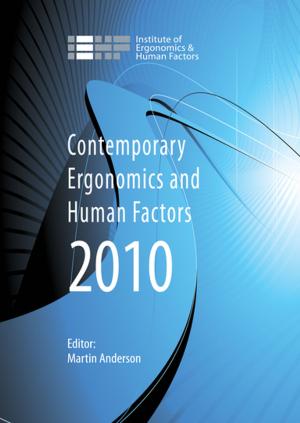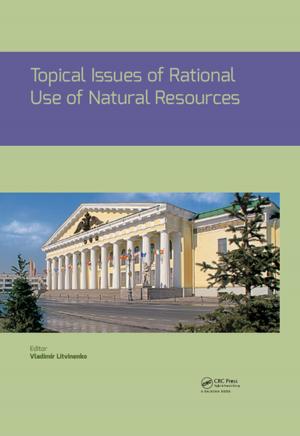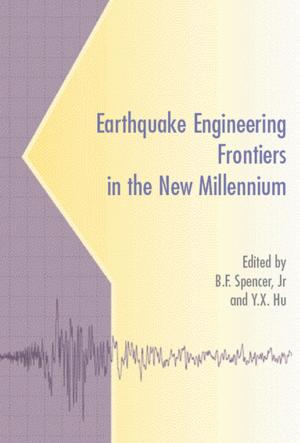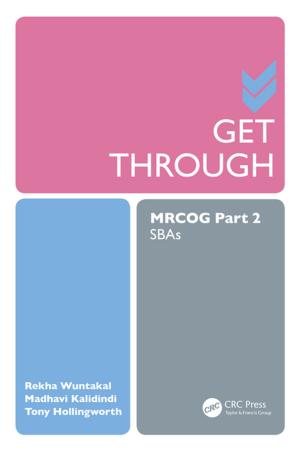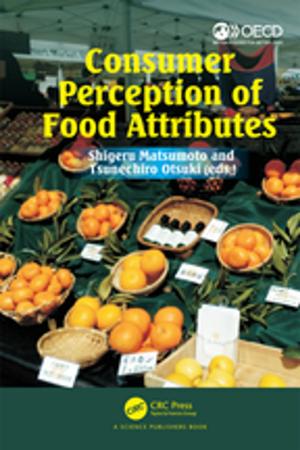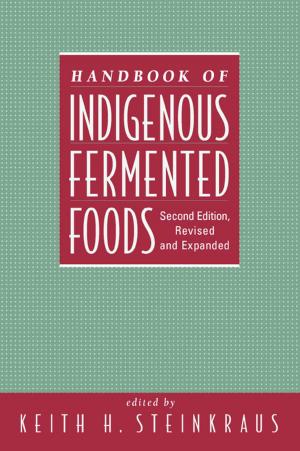Integrating Sustainable Agriculture, Ecology, and Environmental Policy
Nonfiction, Science & Nature, Science, Biological Sciences, Botany, Technology, Agriculture & Animal Husbandry| Author: | Richard Olson | ISBN: | 9781351437806 |
| Publisher: | CRC Press | Publication: | May 2, 2018 |
| Imprint: | Routledge | Language: | English |
| Author: | Richard Olson |
| ISBN: | 9781351437806 |
| Publisher: | CRC Press |
| Publication: | May 2, 2018 |
| Imprint: | Routledge |
| Language: | English |
Find an interdiscliplinary view of sustainable agriculture that emphasizes the potential contributions of ecology to agricultural sustainability in this groundbreaking book. Integrating Sustainable Agriculture, Ecology, and Environmental Policy explores how ecological knowledge, applied as part of a multidisciplinary effort, can be used to design a sustainable and environmentally sound agriculture. A more ecologically based agriculture can increase production efficiency and decrease environmental impacts, but hard choices regarding population control, energy conservation, and land use must still be made. This interdisciplinary approach ensures that the results are beneficial to all components, for example, an ecologically based management scheme which bankrupts the farmer is not considered a viable option for sustainable agriculture. These thought-provoking chapters are an excellent introduction to the contributions of ecological principles to an environmentally sound sustainable agriculture.
This multidisciplinary examination provides readers interested in agriculture with a valuable introduction to related work in other fields including ecology and economics. Agronomists, ecologists, educators, and policymakers will find essential information on diverse topics including:
- the definition and measurement of ecological sustainability in agriculture
- landscape ecology and the design of sustainable agricultural landscapes
- soil ecology as a foundation for sustainable agriculture
- Federal agricultural policies as incentives or deterrent to sustainable agriculture
- applying farming systems research and extension to sustainable agriculture
- population growth and other threats to sustainable agriculture
- environmental policies and their effects on sustainable agriculture
- the role of precollege education in developing sustainable agriculture
Find an interdiscliplinary view of sustainable agriculture that emphasizes the potential contributions of ecology to agricultural sustainability in this groundbreaking book. Integrating Sustainable Agriculture, Ecology, and Environmental Policy explores how ecological knowledge, applied as part of a multidisciplinary effort, can be used to design a sustainable and environmentally sound agriculture. A more ecologically based agriculture can increase production efficiency and decrease environmental impacts, but hard choices regarding population control, energy conservation, and land use must still be made. This interdisciplinary approach ensures that the results are beneficial to all components, for example, an ecologically based management scheme which bankrupts the farmer is not considered a viable option for sustainable agriculture. These thought-provoking chapters are an excellent introduction to the contributions of ecological principles to an environmentally sound sustainable agriculture.
This multidisciplinary examination provides readers interested in agriculture with a valuable introduction to related work in other fields including ecology and economics. Agronomists, ecologists, educators, and policymakers will find essential information on diverse topics including:
- the definition and measurement of ecological sustainability in agriculture
- landscape ecology and the design of sustainable agricultural landscapes
- soil ecology as a foundation for sustainable agriculture
- Federal agricultural policies as incentives or deterrent to sustainable agriculture
- applying farming systems research and extension to sustainable agriculture
- population growth and other threats to sustainable agriculture
- environmental policies and their effects on sustainable agriculture
- the role of precollege education in developing sustainable agriculture
